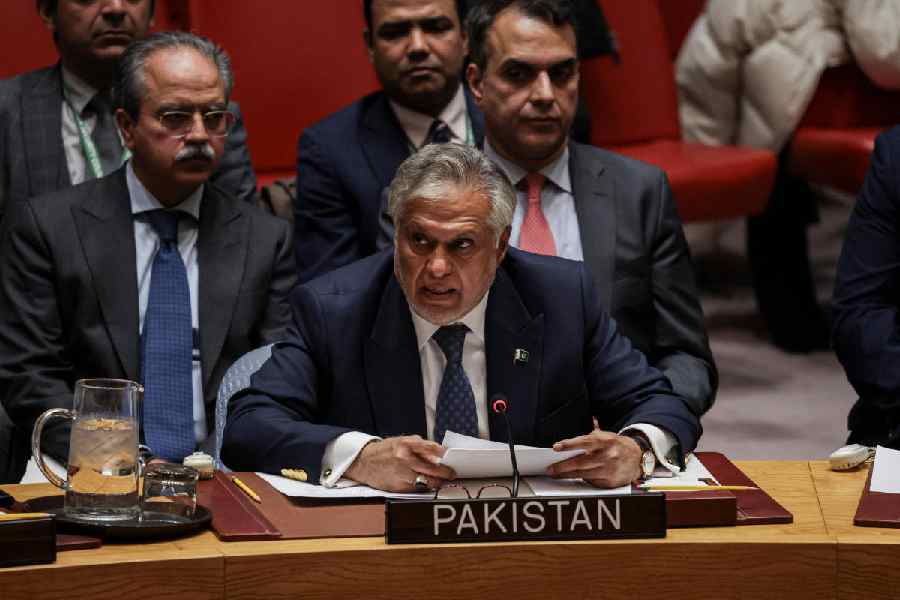The Economic Survey released before the Union budget every year focuses on a performance summary of the year that was, the lessons from that experience, and identifies where policy priorities lie. Since it is prepared by the government in power, it is pitched positively, highlighting the achievements and flagging the potential for the economy to grow and prosper further. The performance of the economy is usually placed in the context of global developments. The backdrop this year comprises significant geopolitical uncertainties and the ongoing conflicts around the world. There is also the trend of more and more nations looking inwards towards a protectionist economic environment for pursuing growth. The globalised world, therefore, is increasingly turning into fragments. Additionally, there is also great anxiety about the advent of Artificial Intelligence and its impact on employment.
To its credit, the economy has done well in spite of these constraints. It is expected to grow at a rate between 6.5%-7% this year. What must be noted is that the Reserve Bank of India has predicted an even higher rate of growth at 7.2%. Inflation, fuelled by rising food prices, has held back any cuts in policy rates by the RBI. This is likely to continue since food output was not very satisfactory last year and this year’s monsoon may turn out to be erratic and deficient. The significant doses of public investment made in the recent past have begun to yield results in terms of private investment flows. However, the recovery of private investment has been prominent in the construction sector and not so much in manufacturing or in the intellectual property rights sector. Foreign trade has done well, as has the collection of taxes and credit growth in the banking sector. Inward international remittances have grown considerably too. The Survey is a bit ambiguous when it comes to what the pundits say is the single most important policy concern — unemployment. While claiming that jobs are on the rise on net through shifts occurring across shrinking sectors and expanding sectors, the Survey maintains that job losses are due to shocks and not structural features. It also maintains that there is a perceived need for more accurate and timely data on employment. There is a great deal of emphasis on the government’s programmes of skill formation. But will these alone suffice to create an adequate number of jobs?










